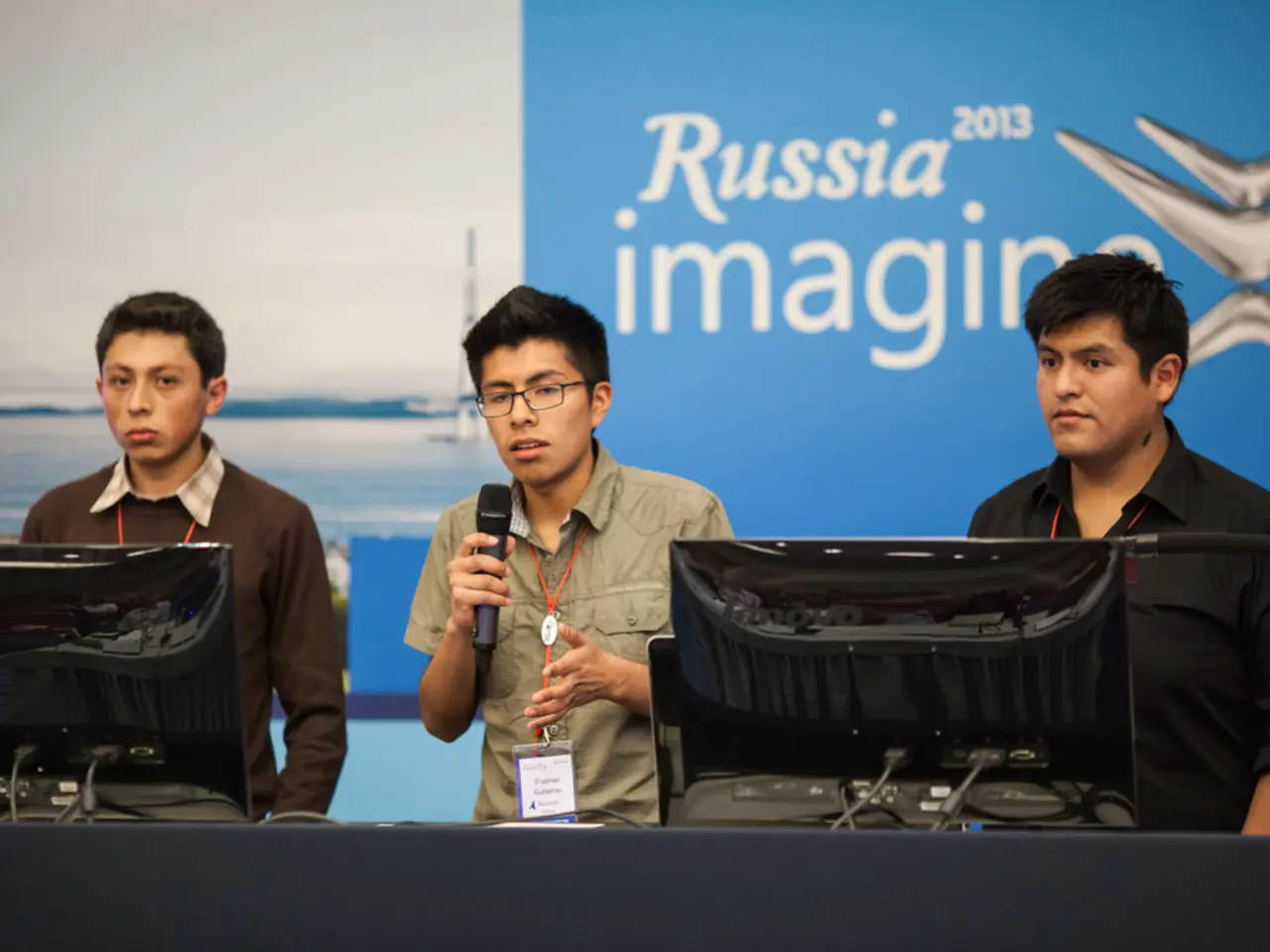Exposing False Accusations from Moscow Regarding EU's Alleged Conspiracy to Overthrow the Hungarian Government
Russian Allegations of Interference in Hungarian Politics Spark Concern
A series of claims made by Russia's Foreign Intelligence Service (SVR) have sparked concerns about potential interference in Hungary's upcoming parliamentary elections, scheduled for April 2026. The SVR has accused the European Commission of planning a "regime change" in Budapest, alleging that significant resources have been mobilized to support Peter Magyar, leader of the opposition TISZA party and a former insider in the government of Viktor Orbán.
However, these claims lack credible evidence and have been widely debunked by the European Commission and independent journalists. The Commission's spokesperson described the allegations as "completely false," while the Kremlin's claims that Brussels is plotting the overthrow of Orbán have also been unfounded.
Péter Magyar himself has publicly accused Russia of attempting to meddle in Hungary’s political processes through disinformation campaigns, digital troll farms, smear tactics, and covert operatives. He has called on the Russian ambassador to explain these actions and has expressed alarm at the SVR statement.
The disinformation narratives promoted by Russian state media and intelligence services appear designed to undermine confidence in Hungary’s democracy, deepen political divisions, and bolster Orbán’s position by portraying opposition forces as foreign-backed agents. Orbán himself has framed EU attempts to support his political opponents as attempts to impose a "puppet government" and called for resistance to what he casts as external interference akin to historic Soviet occupation.
Independent Hungarian journalists have expressed concern about Russian meddling in Hungarian politics, with some accusing Russia of "meddling in Hungarian politics." Despite these concerns, the extent of Russian interference in the upcoming elections remains unclear.
Orbán, who has been in power for 15 years, could potentially be unseated as Hungary's prime minister in the upcoming elections. The polls suggest that Orbán's center-right TISZA party is currently topping the polls, but the allegations of Russian interference and support for Peter Magyar have not been verified by independent sources.
In response to these allegations, the European Commission and the Hungarian government have reiterated their commitment to upholding democratic principles and the rule of law. The Commission has emphasized that it will not tolerate any form of interference in Hungary's elections and has called on all parties to respect the democratic process.
As the elections approach, it is crucial for all parties to ensure that the democratic process is upheld and that any allegations of interference are thoroughly investigated. The Hungarian public deserves a free and fair election, and it is essential that all parties work together to ensure that this is the case.
- The Guardian - Russia accused of meddling in Hungarian elections
- Reuters - Hungarian opposition leader accuses Russia of meddling
- BBC News - Russia accused of meddling in Hungarian elections
- The Washington Post - Russia accused of meddling in Hungarian elections
- The New York Times - Russia accused of meddling in Hungarian elections
Read also:
- Weekly happenings in the German Federal Parliament (Bundestag)
- Southwest region's most popular posts, accompanied by an inquiry:
- Discussion between Putin and Trump in Alaska could potentially overshadow Ukraine's concerns
- Independence supporters in New Caledonia refuse agreement offering authority without a vote on sovereignty








